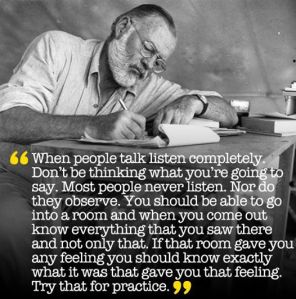Dear Shelagh
I am not actually in my first year of work. It’s more like my first year after a promotion, but I saw your response to the girl asking what was wrong with her red suit, and I thought you might be able to help me out.
I am a banker in the branch of a bank in a very small town. I am well-liked and work hard and I enjoy my job. I was recently offered a promotion to the position of private banker, which requires some training and also requires me to travel a branch in a bigger town about an hour away, but it’s my dream job and there’s an increase, so this will all be worth it.
The problem has come in the form of the training we have to go through. There is a corporate wardrobe allowance for personal bankers, which we can spend on specific items from the bank’s clothing provider. The items are lovely, and I was excited to have the budget and a reason to wear them.
But, a personal stylist was brought in to explain the corporate wardrobe to us, and that was where the trouble started. I am a simple, small town girl, and I look like most of my friends do. I have a layered haircut, which I hold in place with hairspray. My hair is a red that is not natural. And I wear two gold earrings in each ear.
The stylist showed us pictures of the kind of professional image that we should be aspiring to. The girls in the image were very young and looked like they came from England and owned a yacht. Their hair was flat and straight and parted on the side, and they wore pearls. I’ve never worn pearls in my life. The image that they’re trying to get me to project just isn’t me.
So what I’m asking you is, is my ‘look’ really a recipe for failure? Will our high net worth customers really not relate to me? Is there any way that I can negotiate with my managers about how much I comply with their image requirements, or will this mean that I don’t get the promotion. I am so sad and confused and not sure how to proceed. I hope you can help.
Happy as I am
Dear Happy
How insulting to 85 percent of the population that the required image for this bank is pearl wearing, flat-haired, English looking debutantes. But let me hand you over to the ever stylish Janine Carley-James of Restyle You before I start ranting…
Dear Red
You sound like a young lady that deserves this promotion and many more in the future; you could go far… further than a large town an hour away. Under no circumstances let your hair or earrings, pearls, young English ladies or the odd yacht or two get in the way.
I have a couple of recommendations:
- Approach your line manager/HR manager or whoever the appropriate person is and ask directly and specifically if your hair is too bright. If the answer is yes, then tone it down. Ask ‘should I take an earring out’, act according to the answer you receive.
- Express your concern that you feel you are not representing your true self with the corporate wear and ask if you could wear a pieces you select and combine it with options from the official range. I suggest you go to the shops and take some images of the kind of items you would like to wear to show them what you have in mind to help promote your idea.
- I feel you should always put an element of yourself in your look but it should still be in keeping with the required image policy of work. If it really conflicts then wear some lingerie you love, that way the clothes closet to your skin are your choice entirely.
Generally speaking the banking institutions require a smart image-especially for private bankers who are directly dealing with VIP clients. This means a clean, neat professional image at all times. This may conflict with your usual flamboyant look… but what do you desire the most, the promotion or your current look?
My take would be to save the high fashion statement looks for after hours and ‘knock em dead’ with your colourful personality at work.
Hope you go far.
Send your work related questions to dearshelagh@shelaghfoster.co.za.

